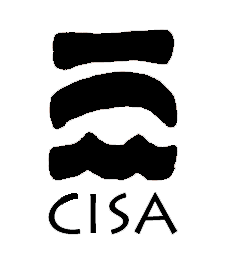Expert referees represent the backbone of the peer review system.
They are required to possess specific expertise in the field of the individual submission, have time to produce a report within the deadline established by the editor and to be devoid of any conflict of interest with the Authors or the content of the submission.
They are expected to be balanced and consistently fair in evaluating papers.
Their reports should be analytical and constructive, and the final recommendation (reject, minor or major revisions, accept) should be well substantiated and justified.
Detritus welcomes a range of different papers (research articles, reviews, positive and negative case studies, country reports, position/perspective/opinion papers, notes on innovative technologies, lessons from the past). The submitted manuscripts should consequently not be evaluated in absolute terms but rather in relation to the typology of articles. In an opinion paper, for instance, the absence of experimental data should not be viewed negatively. The presentation of new ideas may be beneficial to the scientific community.
The journal is intended as a multidisciplinary publication increasingly open to the needs of society. Reviewers should carefully assess the diverse singularities of a specific discipline and should be receptive to potentially different social and economic contexts.
The key parameters to be applied in the final evaluation for all types of submissions are:
- Innovation (Is the manuscript original? Does it provide new evidence or ideas capable of furthering the knowledge in the given social economic context?)
- Quality (clarity, logic, English language and grammar, thoroughness, lay-out etc.)
- Relevance (interest of readers, not too specific, applicability, importance of the topic, impact on social life, economy, scientific community, etc.)
If plagiarism is suspected, the Editor should be notified and supporting documentation provided.
Reviewers should avoid any bias when suggesting inclusion of citations of their own work or studies carried out by close collaborators.
These regulations are to be adhered to by all reviewers, whether these are experts contacted by the Editor or contributors to the public review process.


